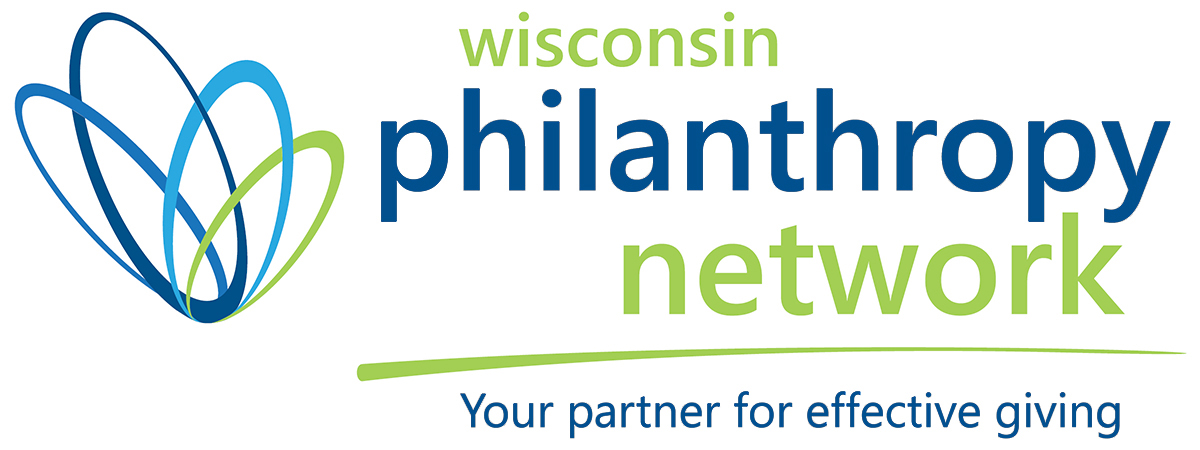Great Lakes Introduces Newly Expanded Program to Increase Community College Graduation
Madison, Wis.—National graduation rates at community colleges are discouragingly low, with just 21 percent of students earning a degree within three years. While there are many reasons why students leave college, often it is due to unforeseen financial emergencies.
The good news is that many students in difficult financial situations have modest needs to keep their college goals on track. Emergency grants of $500 or less can often address a financial crisis so students don’t have to choose between paying the bills or staying in school.
Great Lakes Higher Education Guaranty Corporation is introducing Dash, a newly expanded emergency grant program for community college students who receive Federal Pell Grants. These students have significant financial need and the most to gain from completion of a degree, certificate or credential. The Dash program was designed to help community colleges establish, manage and sustain student emergency funds that quickly award small grants to help keep more low-income students enrolled despite financial setbacks.
The process is simple. Students apply for grants directly from their college when an unforeseen emergency arises, such as car repairs or medical bills. Emergency expenses are paid within 48 hours or less of the approved application. By rapidly removing financial distractions, students can return focus to their studies and keep moving toward completion. If underlying issues for the financial emergency are discovered, students also are referred to campus and community resources for additional assistance.
A precursor to the Dash program began in 2012 at Wisconsin’s 16 technical colleges with a $1.9 million commitment from Great Lakes. More than 2,000 students received emergency grants averaging $480. Of the students who received emergency grants during fall 2013, 79 percent either graduated or remained enrolled as of fall 2014, compared to only 51 percent of similar students before the program began.
"Seemingly small emergency grants—delivered promptly—clearly help community college students overcome financial obstacles and achieve their goals," said Richard D. George, Great Lakes’ President and Chief Executive Officer. "We’re excited to expand this program to five states to serve even more students. And we look forward to seeing colleges and their foundations sustain these valuable programs for years to come."
Two-year public technical/community colleges in Arkansas, Iowa, Minnesota, Ohio and Wisconsin or their associated foundations are eligible to apply for grants of up to $99,000 to implement Dash over three years. Great Lakes will award up to 32 grants that will support student emergency grants, a portion of college administration costs, and fees associated with the grant application process. To help establish sustainability after the end of the grant period, colleges must commit matching funds of at least 20 percent of the amount designated for student grants in the 2016-2017 academic year and 40 percent in 2017-2018.
Visit community.mygreatlakes.org for an application, due September 3, 2015. The grant period will be January 1, 2016, through May 31, 2018, and will include three months for administrative planning, training and setup on a web portal developed and maintained by Scholarship America® to administer the student emergency grants. The first student emergency grants will be made during spring 2016.
# # #
About Great Lakes: Dedicated to making college education a reality since 1967. 
Knowing that education has the power to change lives for the better, Great Lakes Higher Education Corporation & Affiliates was established as a nonprofit group focused on a single objective: helping students nationwide prepare for and succeed in postsecondary education and student loan repayment. As a leading student loan guarantor and servicer, we have been selected by the U.S. Department of Education to provide assistance and repayment planning to nearly 9 million borrowers – as well as assistance to colleges and lenders nationwide. Our group’s earnings support one of the largest and most respected education philanthropy programs in the country. Since 2006, we have committed nearly $134 million in grant funding to promote higher education access and completion for students of color, low-income students, and first-generation students. For additional information, visit home.mygreatlakes.org.
